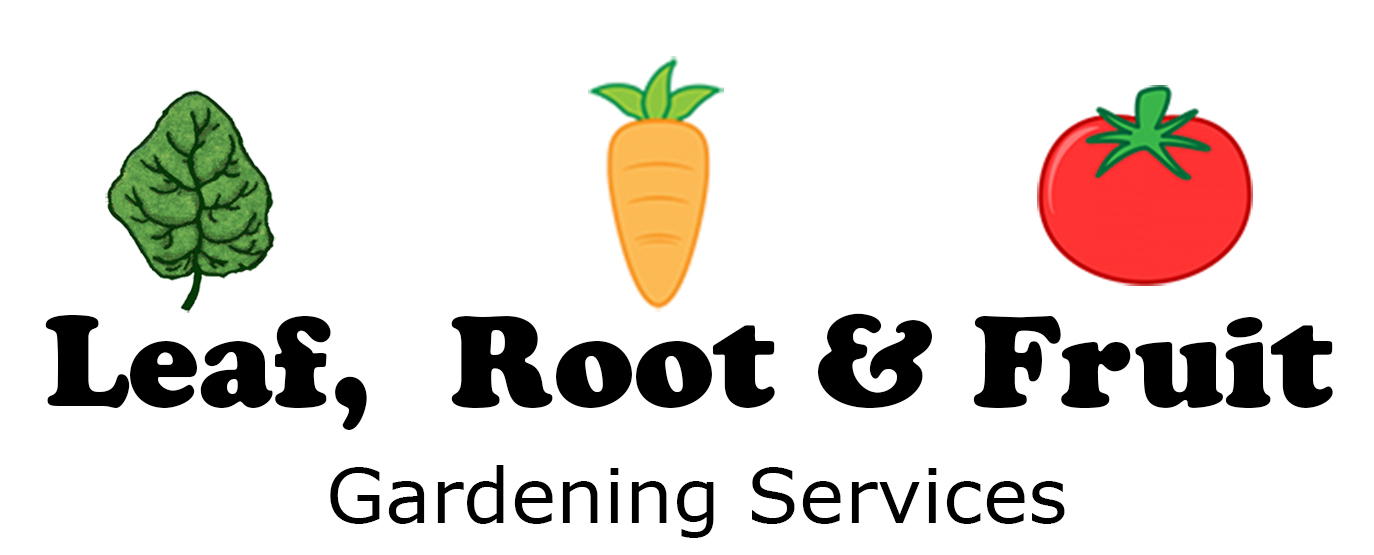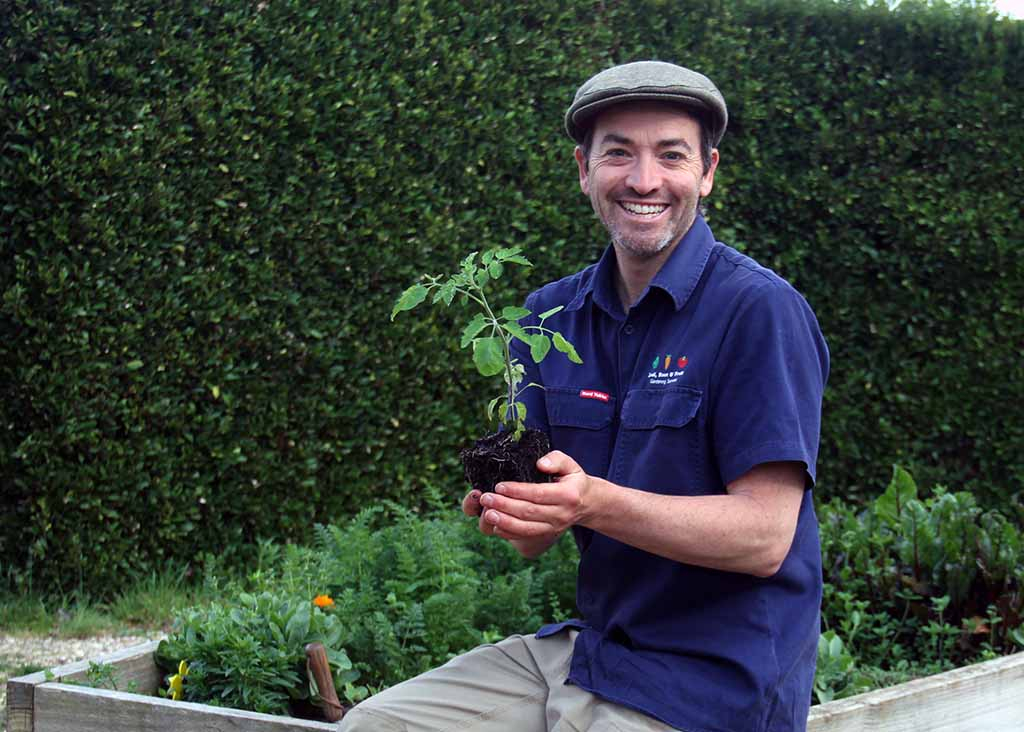
Recently I was chatting with a few friends at a Permies at the Pub meeting in Kyneton. We were discussing recording garden observations and my rather extreme approach to recording everything I see. The conversation went something like this:
Kerryn: “Duncan, how do you find the time to record all that data?”
Me: “I often wander around the garden towards the end of the day to quieten my mind and reflect. I guess it’s just a habit I’ve formed.”
Jemimah: “That’s a great title for a book: Five Habits of Good Gardeners!”
And so here it is, not quite a book, but a short post covering five habits that I think all good gardeners should develop. Thanks for the inspiration Jemimah and Kerryn.
#1 Watering your plants
Your garden needs water. Many times I’ve conducted consults to help gardeners troubleshoot issues in the vegetable patch and found the garden hasn’t been watered enough. It may seem obvious to experienced gardeners, but plants need access to soil moisture. In dry times, like summer, your plants will need to be watered regularly. The remainder of 2023 looks set to be hotter and drier than average for most of Australia, according to the Bureau of Meteorology, so now is a great time to develop this habit.
Sure, you can set up a fancy automated irrigation system to do this for you. But don’t underestimate the benefits of hand watering. It allows you to deliver water exactly where it is needed, and to manage the irrigation requirements of individual plants. Hand watering also ensures that you are checking your plants daily, meaning you are more likely to spot pest and disease problems, notice plant developments such as new flowers, and observe when produce is ripe and ready for picking.
Hand watering is easily enough done with a hose or watering can. Avoid watering the foliage of plants – aim to water the soil.
Good gardeners should develop the habit of watering their garden. At the very least they should regularly check soil moisture levels and adjust their automated irrigation settings accordingly.
Read more about watering your vegetable patch here.
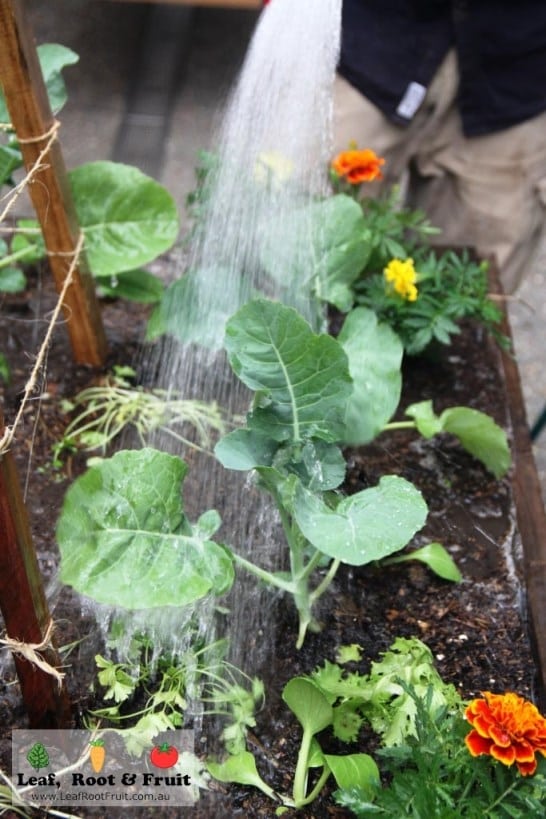
#2 Observing your garden
No one has ever taught me how to be a gardener. I learnt how to plant and tend a garden by doing it, and I’ve been tending plants and growing food since I was very young (read more on my gardening journey here). I thought I knew a lot about growing food when I first started Leaf Root Fruit back in 2014. I quickly discovered there was so much more that I didn’t know. Running the business presented me with an opportunity to observe and experiment across a whole range of food gardens.
I quickly began to see what mattered when it comes to gardening and more importantly what didn’t. It accelerated my learning very rapidly. I consolidated this learning by recording my observations. Recording data allowed me to observe patterns, identify successes and avoid repeating any failures.
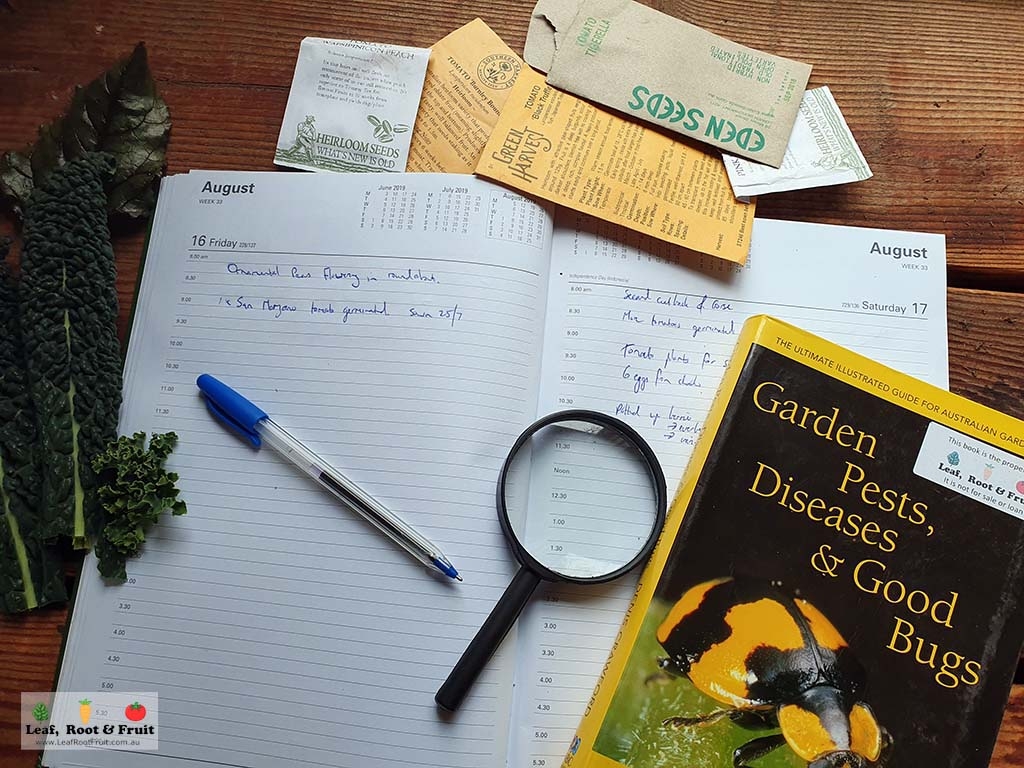
Good gardeners make a habit of honing their garden observations and recording them. This will be the key to discovering your own phenological indicators, reducing gluts and famines, and improving many aspects of your gardening success.
See this post for a range of methods you can use to record your garden observations. There are also a few handy templates and spreadsheets in there that you can download and use for recording your own garden observations.
#3 Fostering connection
By its very nature, gardening can be quite a solitary experience. Despite appearances, I’d rather be alone, pottering in the garden, than on stage or in the classroom addressing large crowds of gardening enthusiasts. However, connection is critical to a flourishing garden.
My niche in our society is fostering connection. I connect elements of garden ecosystems to each other through careful design. I help connect people with their homegrown food. I facilitate connection of people to each other through events, food swaps, workshops and recommendations. Most importantly, I support people to reconnect to nature.
Collectively there is so much wisdom in the support network of gardeners around you. Good gardeners make a habit of attending community events and gathering places such as food swaps, Permies at the Pub, community gardens and other networking opportunities. Through these events you’ll foster mentoring opportunities, discover amazing seed collections and learn so much.
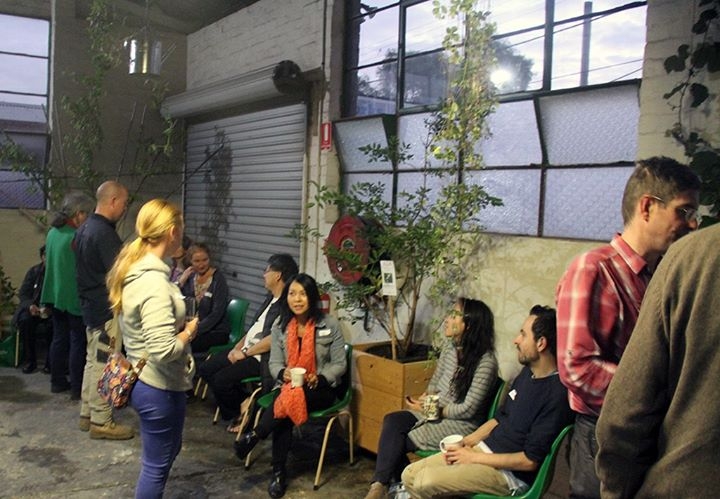
At the very least, start gardening in your front yard. Every time someone passes by, make a habit of greeting them along the lines of “Good morning, how are you?”. Suddenly you’ll be chatting to all your neighbours and discovering that they too love growing their own food.
#4 Composting
Compost will fix pretty much any problem you have with your soil. Get into the habit of making good compost. Good soil is teeming with microbes, fungi, protozoa and arthropods. It’s a complex, living structure that provides most of the nutrients for your plants. You are what you eat, and your plants are no different. Good compost can help increase and support life in your soil. It will increase the nutrient density of your fruit and veggies, make them healthier for you, and make them taste better.
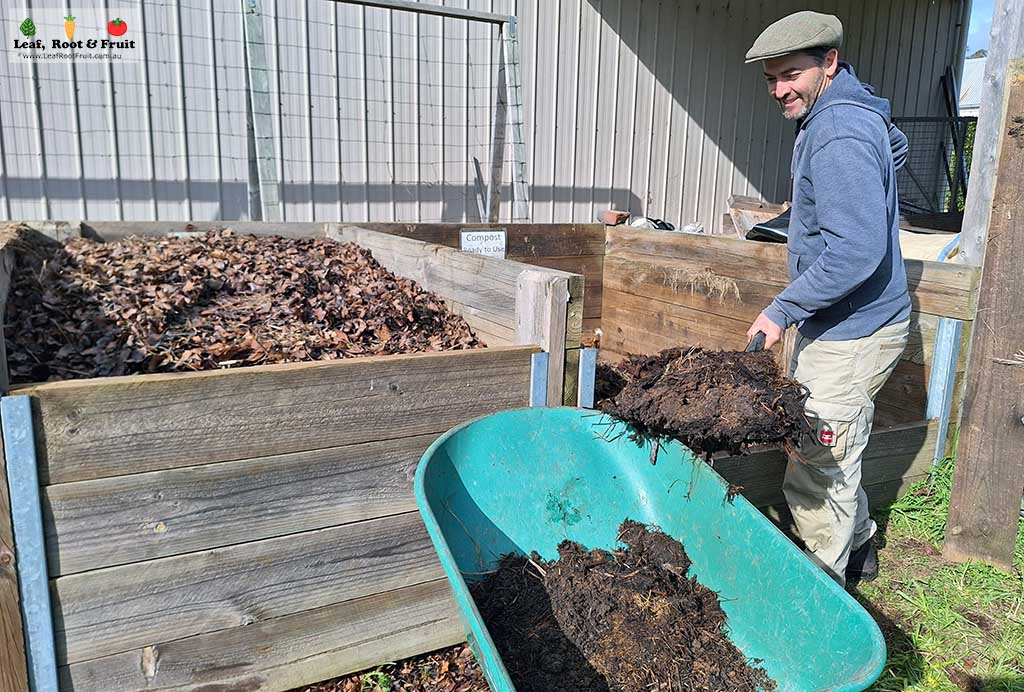
This guide gives you an overview of the many composting solutions available to home gardeners. Not only do you need to make lots of compost, you need to use it in the garden. This article tells you how and when to use it.
#5 Planning
Good planning is an essential habit of good gardeners. This can include deciding what to plant in the vegetable garden this spring, where to plant your lemon tree, or the details of a full garden design.
Certain plants need to be grown at the right time of the year. Where you place plants and other elements within your outdoor space can have a huge influence.
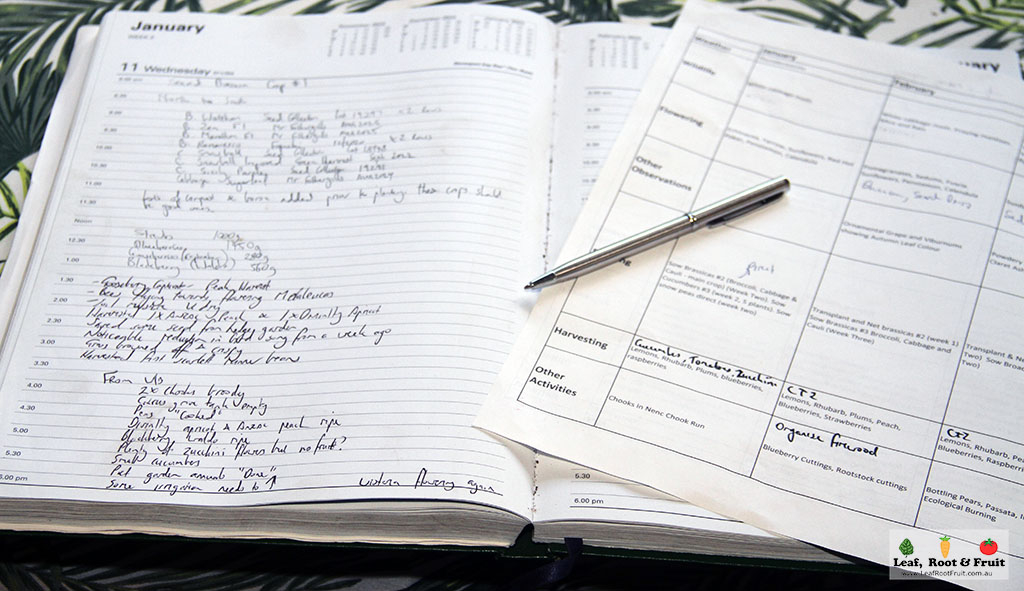
Don’t overlook the importance of variety selection. Most of your gardening success will come down to what vegetable seeds you choose to grow or which fruit tree you choose to plant. The phrase “the right tree in the right spot” is especially relevant here. Don’t leave purchasing seed to the last minute and resort to any old seed packet. Plan ahead, do some research and have the best varieties of seed ready to go well ahead of when you need them.
Part 22 of the Vegetable Patch from Scratch series discusses selecting seeds to grow. It is the most important article in the whole 39 part series. Check it out here.
What about you? What gardening habits have you developed that have helped to improve your gardening success?
